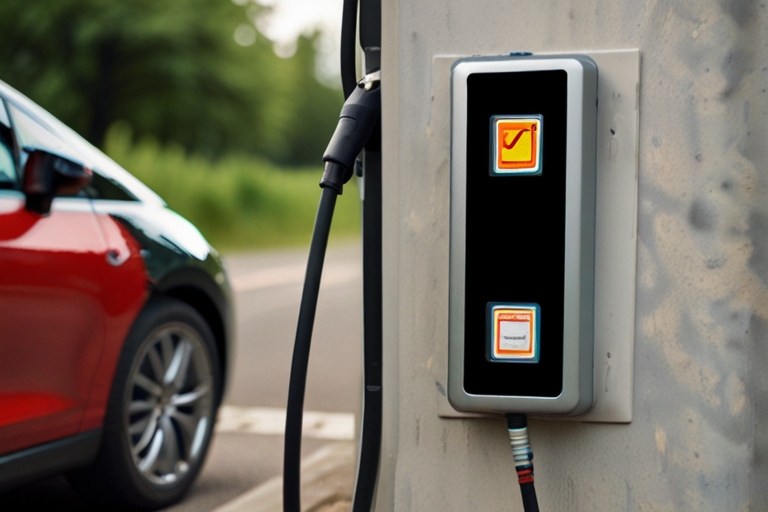People pay different prices to charge energy for an electric car depending on the factors such as an electric car model, electricity rates, and charging infrastructure. Here’s a breakdown of the different factors that influence the cost of charging an electric car:Here’s a breakdown of the different factors that influence the cost of charging an electric car:
Electricity Rates: The first and perhaps the most important determinant of the cost of charging an electric vehicle is the electricity rate per kilowatt-hours that varies from state to state. They claimed electricity billing prices are dependent on time of the day, location, and the company keeping the service. Typically, the overnight hours can present a cheaper electricity tariff when compared to the day rate of an EV charging session.
Charging Speed: The charging rate of the electric car also determines the overall cost of the charging. Job-specific chargers like DC fast chargers charge up the electric car in a few minutes and may offer charging-costs which are much higher than that of leveling 2 chargers. Although the price of electricity is generally slightly higher at fast charging stations than at regular ones to pay for the additional costs of the infrastructure and services.
Battery Size: The capacity of the battery pack also affects the charging expenses associated with electric cars. Vehicles with bigger battery packs require more kilowatt hours to being fully charged hence attract more charging costs against vehicles with small battery packs.
Charging Location: There is no fixed cost for charging depending on its location. Charging stations also have varying charges, whether the charges are flat, per minute fuel, or per kWh charges. Many charging stations could be offering freee or reduced cost for charging as part of promotional campaigns or membership programs.
Home Charging: It is estimated that Level 2 chargers are the most common and convenient and therefore cost effective in home charging for most drivers. The cost of home charging varies and depends on the rate charged per kilowatt hour of electricity by a utility provider and the number of kilowatt hours consumed in each charging event.
On the whole it can be said that the cost of charging an electric car is also lower than refueling a car driven by gasoline or diesel but in certain cases it is even lower than that when there are sweet electricity rates and cases of charging at home. This paper seeks to achieve this by discussing how to fully understand the general factors that affect the cost of charging and the alternates that are available for electric car owners to utilize to manage their cost of charging.

